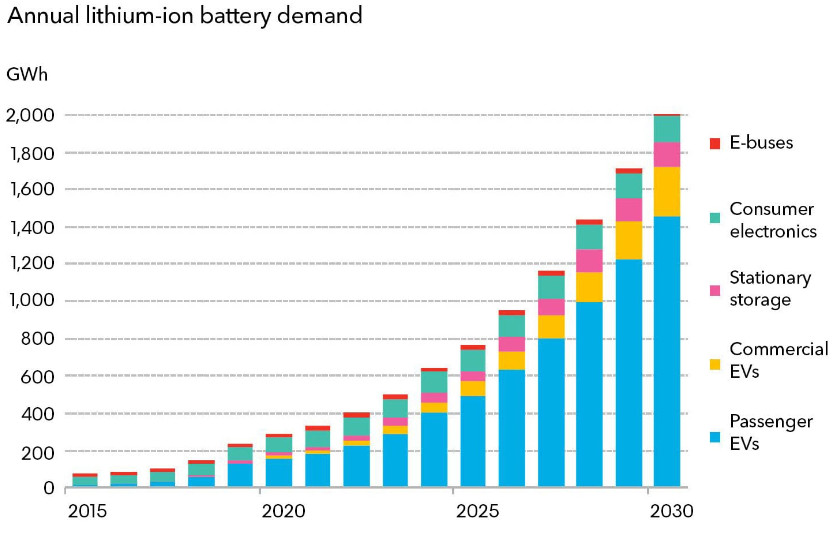Tesla’s first full-scale battery cell factory, which is located at Tesla Gigafactory Berlin, will produce up to 250 GWh, according to new comments from Elon Musk.
That’s roughly the current world battery cell production capacity.
At its “Battery Day” earlier this year, Tesla unveiled its own battery cell, the Tesla 4680, and explained its plan to produce its own battery cells for the first time.
Tesla is currently ramping up production at its pilot production line in Fremont.
As we previously reported, Tesla has designed the entire production system called Roadrunner in-house, and it is currently using the production line to improve on its machinery with the goal to deploy a full-scale factory using the production system.
Tesla is believed to be planning to deploy these full-scale battery cell factories at its current Gigafactory projects in Berlin, Texas, and China.
Based on how construction has been progressing, it looks like the battery factory in Berlin is going to be the first one ready.
Last week, we reported on how Tesla started hiring for its battery cell factory at Gigafactory Berlin.
Now Elon Musk commented on what kind of battery capacity Tesla plans to deploy at the site in a new battery conference in Europe:
The CEO said about the new battery factory:
I think it will possibly be the largest battery cell plant in the world. I think it will be the largest. It will be capable of over 100 GWh per year and possibly over time, it will be going over 200 to 250 GWh. I’m pretty confident that at that point, it will be the largest battery cell plant in the world.
Bloomberg estimates that 250 GWh is just under the current world production capacity for li-ion battery cells — though that could more than double by the time Tesla reaches that kind of capacity at Gigafactory Berlin:

In order to achieve that kind of capacity, Musk said that Tesla still needs to improve its production processes at the pilot plant to achieve higher cycle time for the first full-scale factory in Berlin.
Tesla also needs to redesign some machinery for “continuous flow operation.”
As Tesla explained on battery day, the production processes developed for the automaker’s new battery cell are supposed to be more capital and energy efficient and also have a smaller carbon footprint — making the battery cells cleaner to produce.
Tesla hasn’t provided a clear timeline for the start of battery production at Gigafactory Berlin, but it is expected to start around the same time as vehicle production, which they officially aim to achieve in July 2021.
That’s because the automaker plans to use its new structural battery pack technology to produce the Model Y in Berlin and that requires the new 4680 battery cells.
However, Tesla said that it will support the production of the European Model Y with battery cell production at its pilot production facility.
Therefore, the timing for battery cell production at the new factory is not completely clear at this point.
Electrek’s Take
That’s a lot of battery cells.
100 GWh should be enough for the production of 1 million vehicles per year, which is expected to be the production capacity of Gigafactory Berlin by the time it reaches full capacity.
But Tesla could also produce electric semi trucks, which use more than 10 times the amount of batteries of an average electric car, and it could also produce battery cells for stationary storage applications like Powerwalls, Powerpacks, and Megapacks.
The battery factory could also supply other Tesla factories, but I think by the time Tesla can ramp up to over 100 GWh, it will also have battery cell production at other locations, which would make sense to lower logistical costs.
What do you think? Let us know in the comment section below.
FTC: We use income earning auto affiliate links. More.
Subscribe to Electrek on YouTube for exclusive videos and subscribe to the podcast.